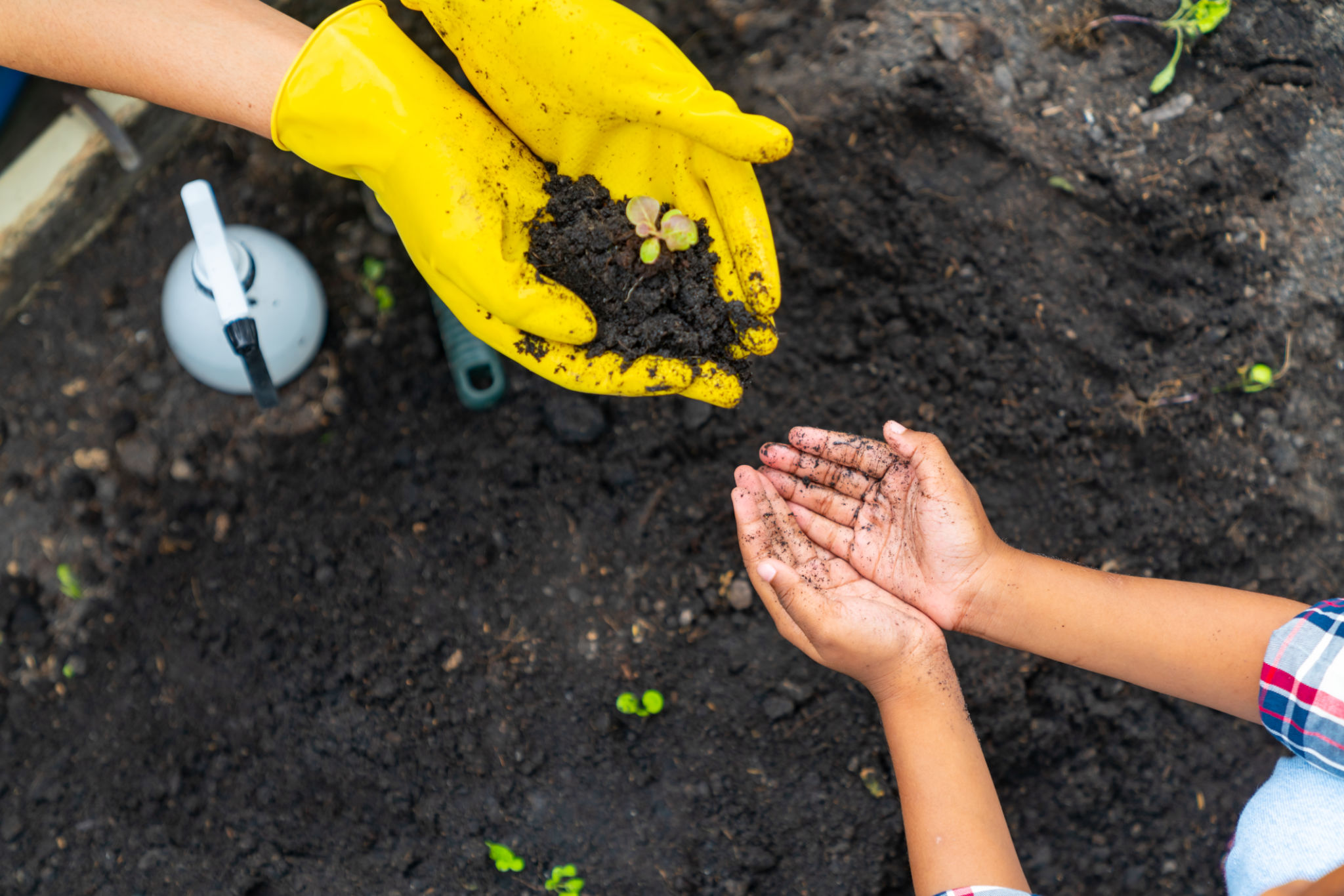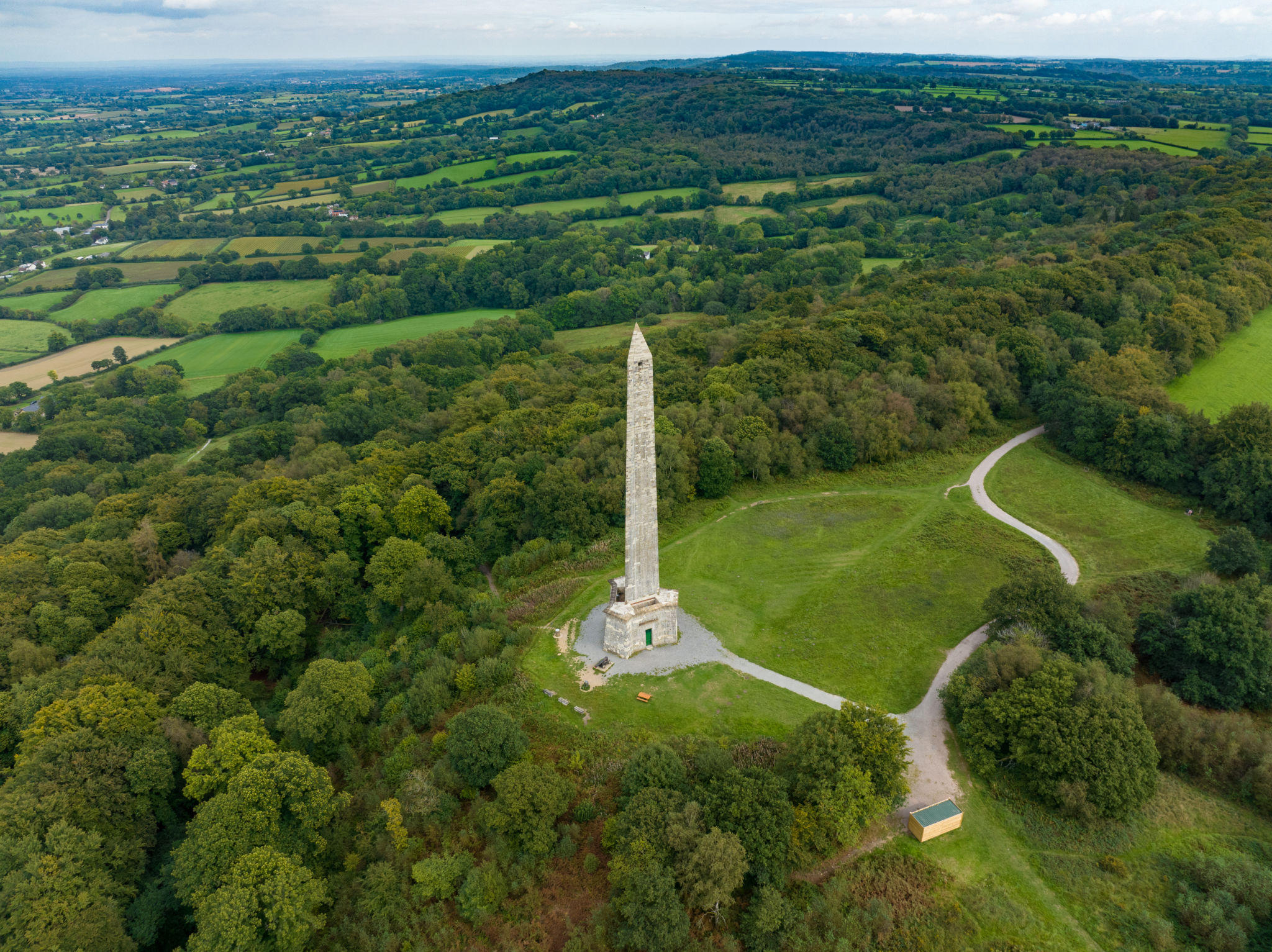Celebrating National Biodiversity Week 2025: The Importance of Nature
Introduction
From 16 to 25 May, communities across the country will come together to mark National Biodiversity Week 2025 . This is a nationwide invitation to step outside, explore what’s growing, crawling, and singing around us, and consider how we might better protect it.
Organised by the Irish Environmental Network, the week is packed with hundreds of free events from coastal walks and woodland workshops to photography competitions and schoolyard scavenger hunts. But this isn’t just a celebration for nature enthusiasts, it’s a moment for all of us to take stock of what’s changing in our natural world, and what we stand to lose if we don’t act.
At The Informed Farmer Consultancy, we work closely with communities, farmers, and landowners who see the impact of biodiversity loss first-hand, in the soil, in the hedgerows, and in the watercourses. But you don’t have to live on a farm or run a consultancy firm to care as biodiversity affects us all, whether we realise it or not.

So, What Exactly Is Biodiversity?
Put simply, biodiversity is the diversity of life on Earth. It covers everything from otters and oak trees to soil bacteria, mosses, fungus, and earthworms. Both visible and unseen organisms work together in intricate processes that maintain the quality of our air, the growth of our food, and the (relatively) stability of our climate.
In Ireland, we’re lucky to have some extraordinary natural habitats; blanket bogs, limestone pavements, ancient woodlands and species-rich grasslands. But they’re not in good shape, and we’re losing species faster than we realise.
For instance:
- Around 31% of Ireland’s assessed species are at risk of extinction (NPWS).
- Over 60% of our protected habitats are in “unfavourable” condition.
- Iconic species like the curlew and the pearl mussel are now critically endangered.
- One-third of Ireland’s wild bee species are also facing extinction – a serious concern for our food systems.
The causes? Habitat loss, intensive land use, pollution, invasive species, and climate change, all of which are accelerating.

Why It Matters – To All of Us
There’s a bit of a tendency to treat biodiversity as an “environmental” issue, something for experts or rural communities to worry about. But the reality is, it underpins our everyday lives.
Whether it’s the pollinators that keep our food crops growing, the wetlands that help prevent flooding, or the microorganisms that keep soil fertile, biodiversity is the quiet engine behind so much of what we take for granted.
It also plays a powerful role in our mental and physical wellbeing. Studies have shown that spending time in biodiverse green spaces reduces stress, lowers blood pressure, and improves concentration. Meaning, that it’s not just good for nature, it’s good for us too.

What’s Happening During Biodiversity Week?
Across Ireland, hundreds of free, local events are being hosted to mark the week. Many of them family-friendly and open to anyone with a pair of boots and a bit of curiosity.
Here are just a few highlights:
- Nature Walks and Field Events: Led by ecologists, park rangers and community groups, these offer a chance to explore hedgerows, shorelines, woodlands and meadows.
- Biodiversity Photographer of the Year: A national competition that invites people of all ages to capture nature in their local area.
- Schoolyard Scavenger Hunts: Designed to get children noticing the bugs, birds and plants in their own playgrounds. Crucially, this helps to build an early appreciation for nature.
- Talks and Workshops: Covering everything from pollinator-friendly gardening to building wildlife corridors in urban areas.
You can find the full event listings on the National Biodiversity Week website, and most are also shared on local authority and community social media pages.

What Can You Do – Even Without a Garden
You don’t need to be a farmer or a botanist to make a difference. Many of the most effective biodiversity actions are small, local, and completely doable, even if you live in an apartment or have no garden at all.
Here are five practical things you can do this week:
1. Leave it be:
If you have any sort of outdoor space such as; a garden, a verge, or a patio container, try letting it grow a little wild. Dandelions, clover and wild grasses are a lifeline for pollinators, especially early in the year. Also, mowing less often makes a real difference.
2. Plant for nature:
Choose native species when you plant, things like hawthorn, foxglove, or heather. Even a window box of herbs like thyme and lavender can attract bees. And the more variety, the better.
3. Log what you see:
Use apps like the National Biodiversity Data Centre’s ‘Species Hub’ to record any wildlife sightings such as; birds, insects, plants, or even moss. These citizen science records feed into national conservation work and help experts track changes over time.
4. Avoid garden chemicals:
Herbicides and pesticides might offer a quick fix for weeds or pests, but they also harm beneficial insects, amphibians and birds. Switching to manual weeding or natural methods is far better for the ecosystem.
5. Get to know your patch:
Whether you walk the same park every day or live near a canal or woodland, try to notice what’s living there. not just the birds and butterflies, but the fungi, lichens, plants, and insects. The more we learn to recognise, the more likely we are to care, and act.

Conclusion
At The Informed Farmer Consultancy, we work with people who want to make space for nature, whether that’s through biodiversity plans for farmland, local projects, or business strategies that support the environment. But we know it’s not just about big plans or formal policies. Real change often starts with small, everyday choices – how we treat our gardens, what we buy, how we speak about nature, and the values we pass on.
National Biodiversity Week is a chance to reconnect, not just with the outdoors, but with the idea that we’re part of something bigger. The problems can feel overwhelming, but the answers often begin close to home. For instance, you could go for a walk, join a local event, or just take a moment to notice what’s growing nearby. And if you’d like support bringing more biodiversity into your land, your business, or your local area, we’re always here to help.
*By Anne Hayden MSc., Founder, The Informed Farmer Consultancy.
